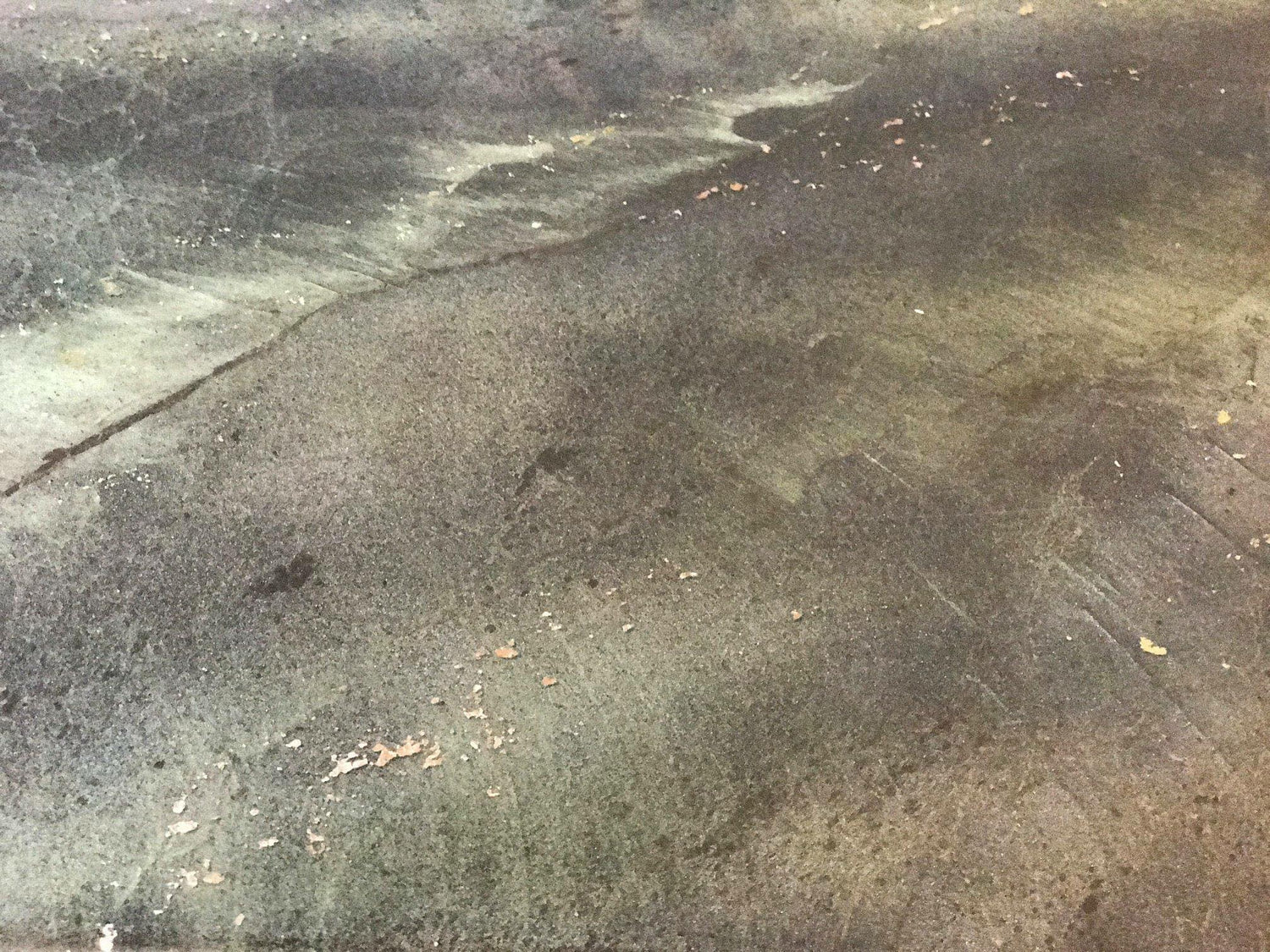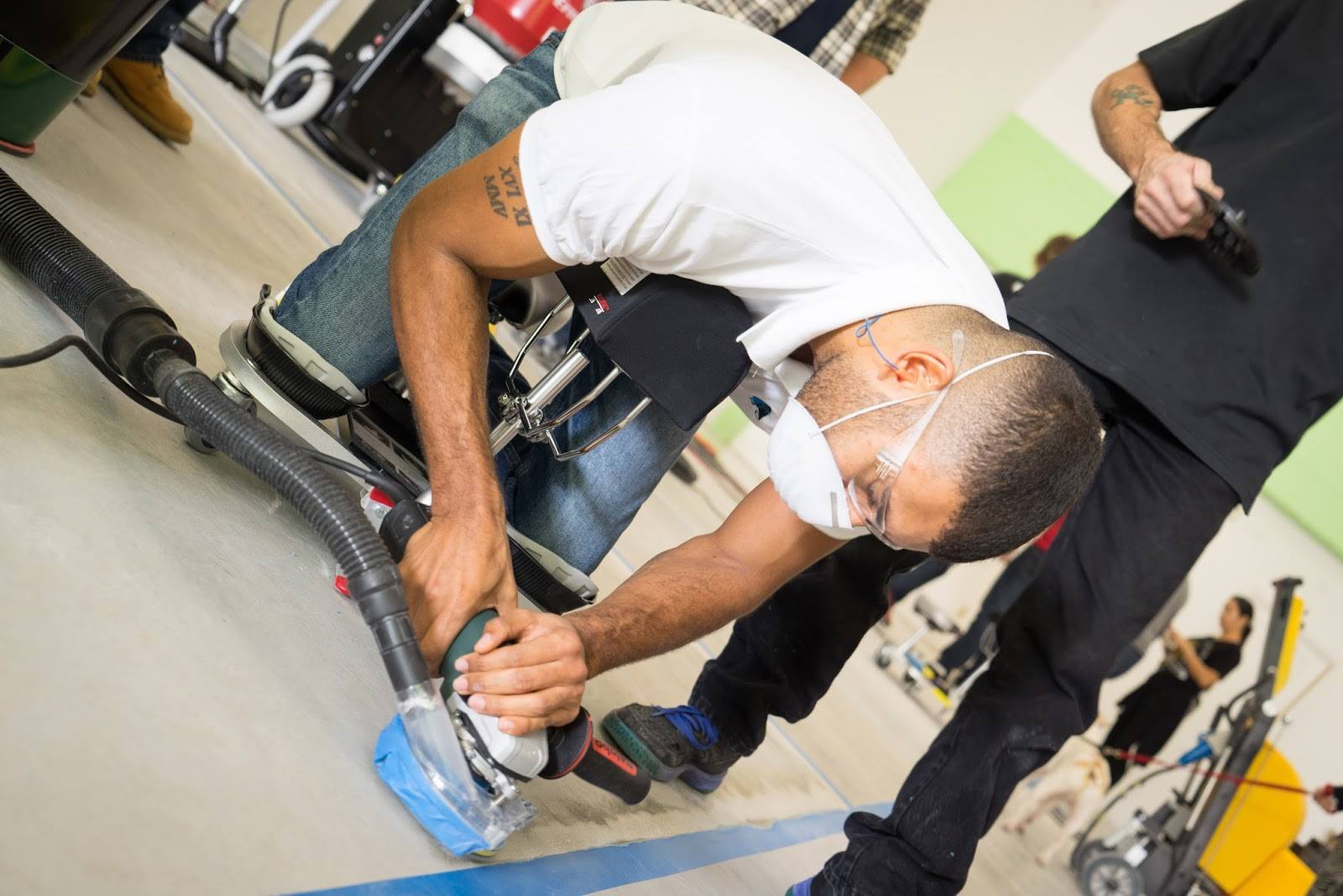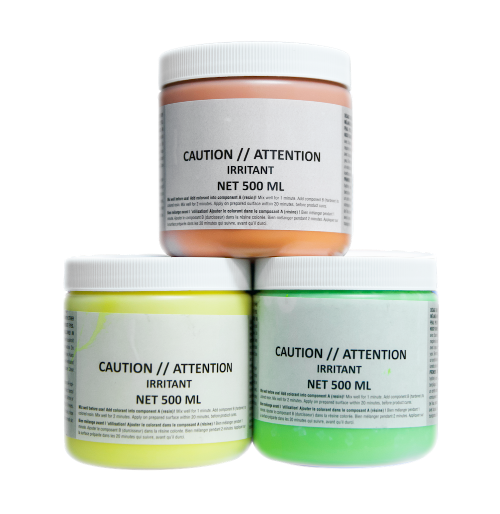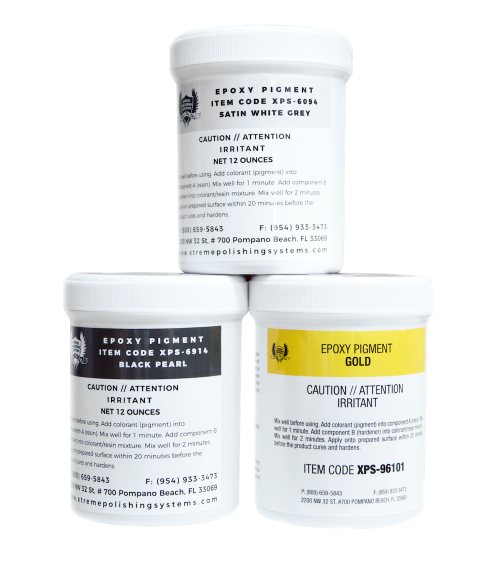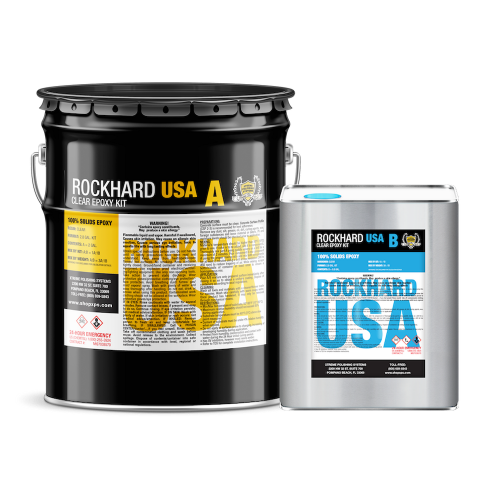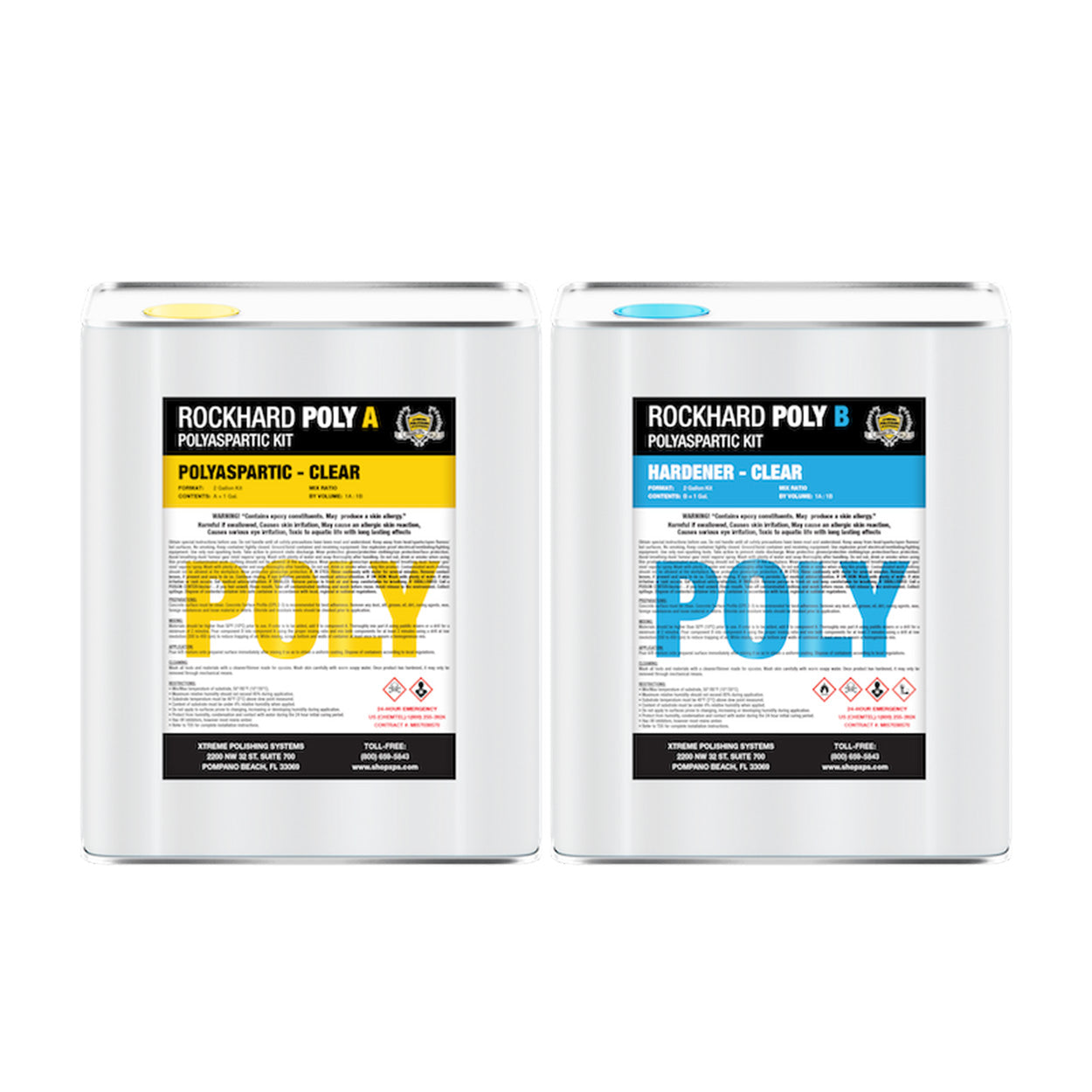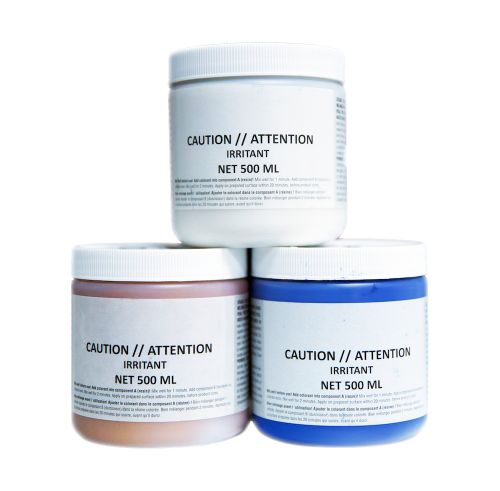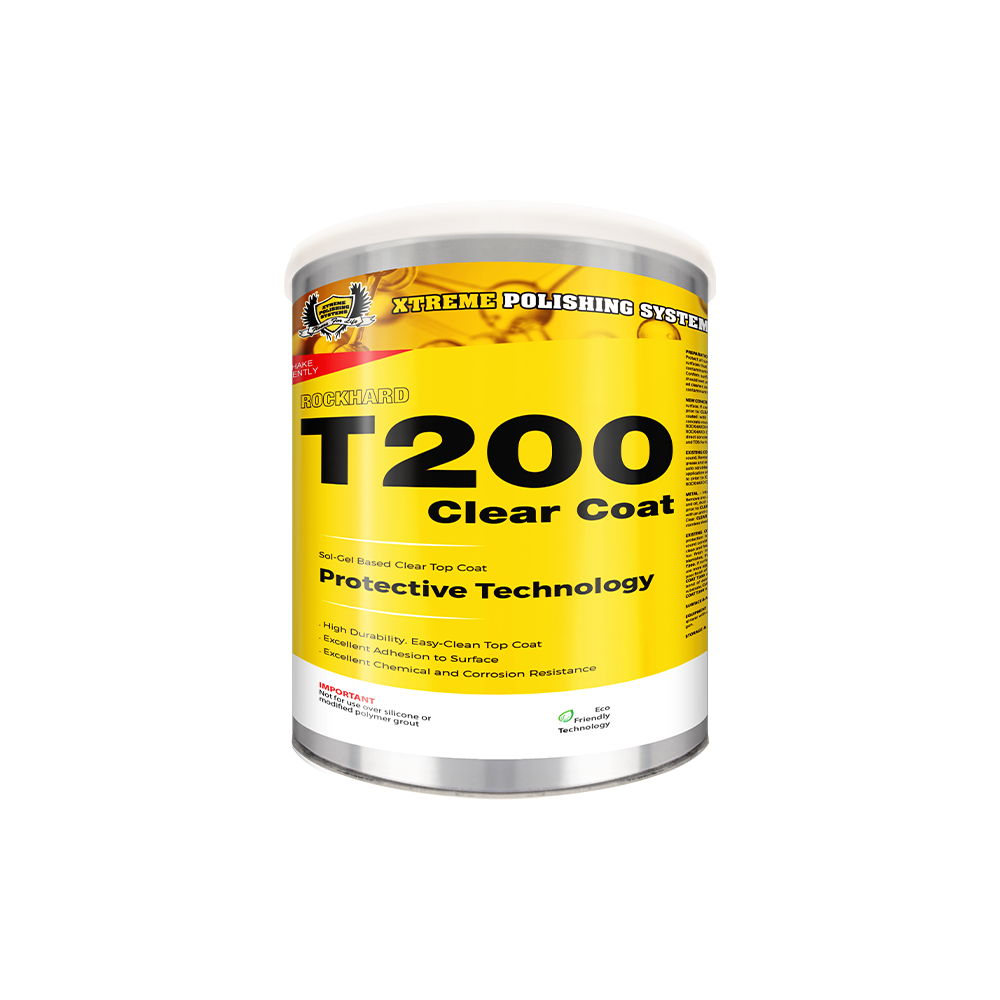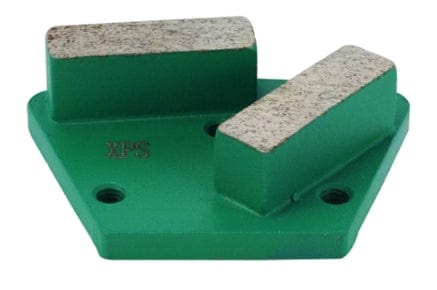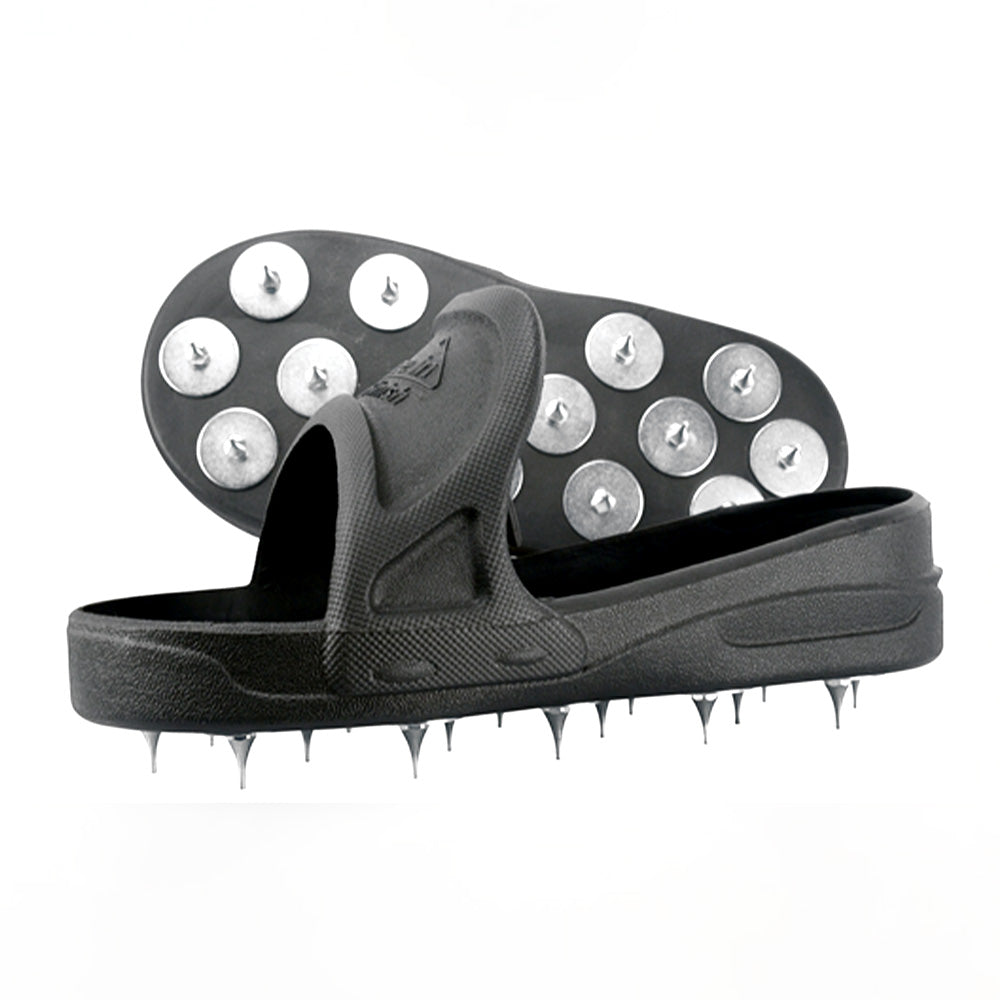Concrete floors get dirty very easily, although they take up dirt very gradually, they need to be cleaned at regular intervals. Overtime, they collect a lot of grime from dirty, oily cars parked in driveways, heavy foot traffic, spilled grease, etc. Cleaning them periodically will help assist in their everlasting beauty and their extended life.
- First and foremost you must determine which tools and cleaners will be best suited for cleaning your particular type of concrete flooring. This is because different concrete needs a different cleaning procedures.
- Next, they prepare the area by sweeping loose debris off the floors by using a push broom and/or later dust mop (a soft cotton one). A vacuum could also be used to extract dust and debris from any driveways. A canvas cloth can be put on any plants or other ornament-like things laying around to avoid any permanent damages due to sprays.
- For indoors concrete such as an enclosed patio or garage, a mild cleaner is preferred. A mix of good old oxygen bleach in approximately five gallons of warm water is used. The solution is sprayed thoroughly over every section. It is required to wait for almost twenty minutes to let the bleach do its thing.
- The dirt that was actually beneath the layers is mopped with scrub or patio broom whilst rinsing and wringing the broom/ mop after every few minutes. The dirt is washed away with clean warm water to rinse any residue.
- Using concrete cleaning chemicals such as rejuvenating cleaners, stain protectors, and lithium densifiers cleans the concrete vigorously. To clean driveways of fresh motor oil spots, an old fashioned litter is spread over it and left overnight, the following morning the floors are swept off and rinsed thoroughly. A variety of commercial chemicals and solutions such as TSP and muriatic acid are used for getting rid of different types of stains.

